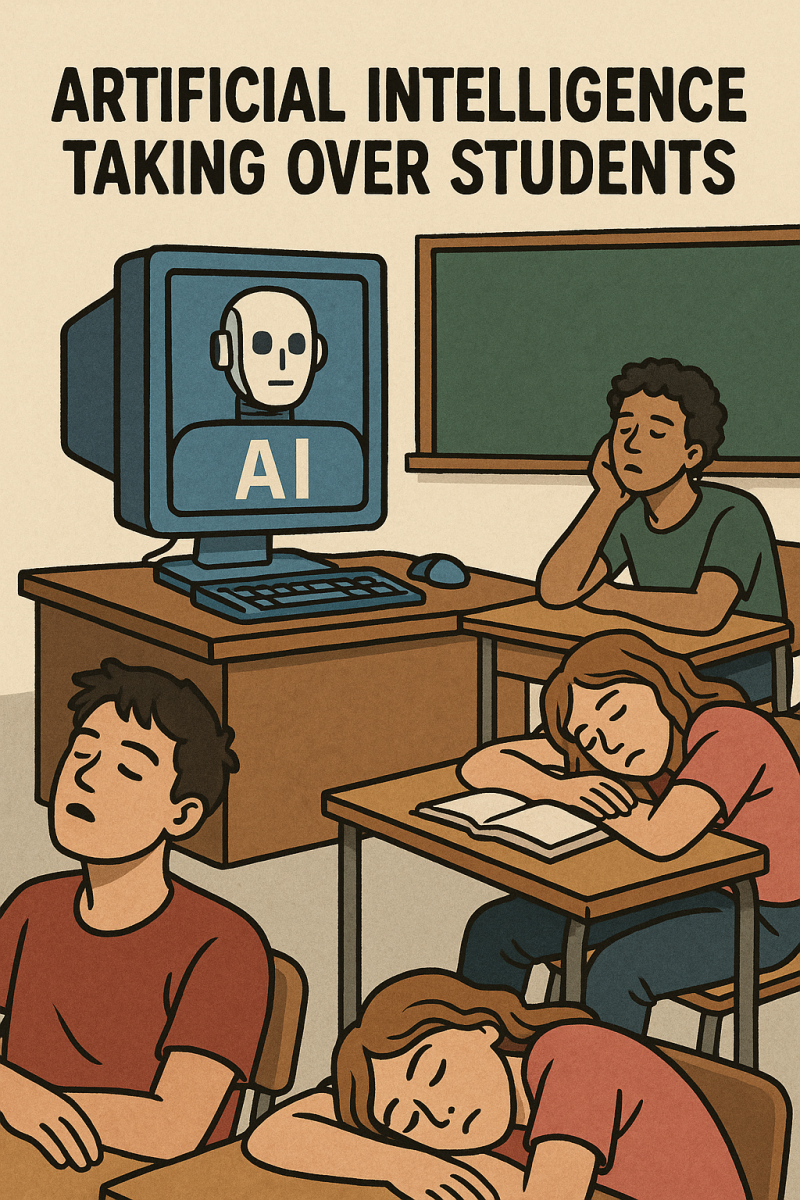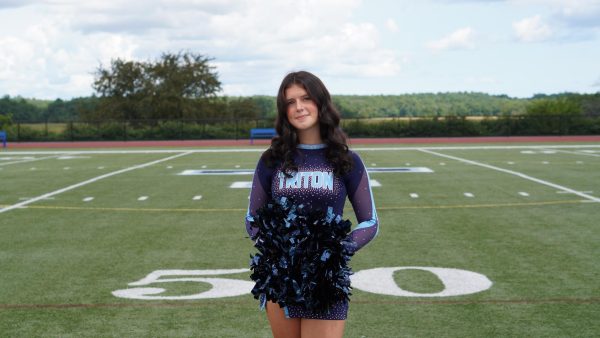In 1968, Marvin Pickering, a high school teacher in illinois, wrote a letter to his local newspaper talking bad about the school boards distribution of funds between academics and athletics. The school board proceeded to fire him claiming that the contents of the letter was false and disrupted the operation of the school. Do you agree with this initial ruling? How could a scenario like this play out today?
After the schools decision to fire him, Pickering proceeded to sue the school board, making the argument that his First Amendment right was violated. Originally, the lower courts ruled in the schools favor, which then appealed this issue to the Supreme Court. The Supreme Court ruled in Pickerings favor, agreeing that the schools actions violated his freedom of speech. Based off this ruling, teachers are protected by the government to express ideas on topics, as long as it is not disruptive to the efficiency of the school. In the case, the court labeled a balance between the two sides, that a public employee can speak out on a public concern and their speech will be protected, unless it is significantly and actively disrupting a workplaces efficiency. The Court explained that Pickering’s letter simply addressed a public concern, and did not disrupt the schools operation, and labeled the firing unconstitutional. The case of Pickering vs. the Board of Education on Township High School District set a precedent for protecting public employees speech and stated that they do not forfeit their first amendment rights when speaking as a private citizen on a public concern/matter.
With free speech they should be allowed to talk about the topics they choose. The freedom of speech is within the first amendment of the constitution. It protects an individuals right to express their ideas and opinions on a topic without government interference. Based off the constitution, any individual, including teachers, have the right of open debates and exchanging of ideas on political aspects or communicate messages through actions.
It is inappropriate to talk about and fill young minds with a topic and they should be allowed to explore the sides they choose. The First Amendment protects a generous amount of speech, but there are limitations to what can be expressed. Overall, anything violent or illegal, obscenity, incorrect statements that damages reputation, or immediate threats, are limited. A message is shared outside of a school setting, can still reach the audience of faculty and parents from that individuals school. Everyone has freedom on speech, teachers can share opinions that are deemed school appropriate, they still have the job of teaching and shaping young minds. It would not be ethical to have a teacher attempt to fill a growing individuals mind with topics of religion, race, or politics. Their opinion on it may not be what that child or the child’s family believes in, and everyone should be entitled to their own belief, but not shared in a school setting.






